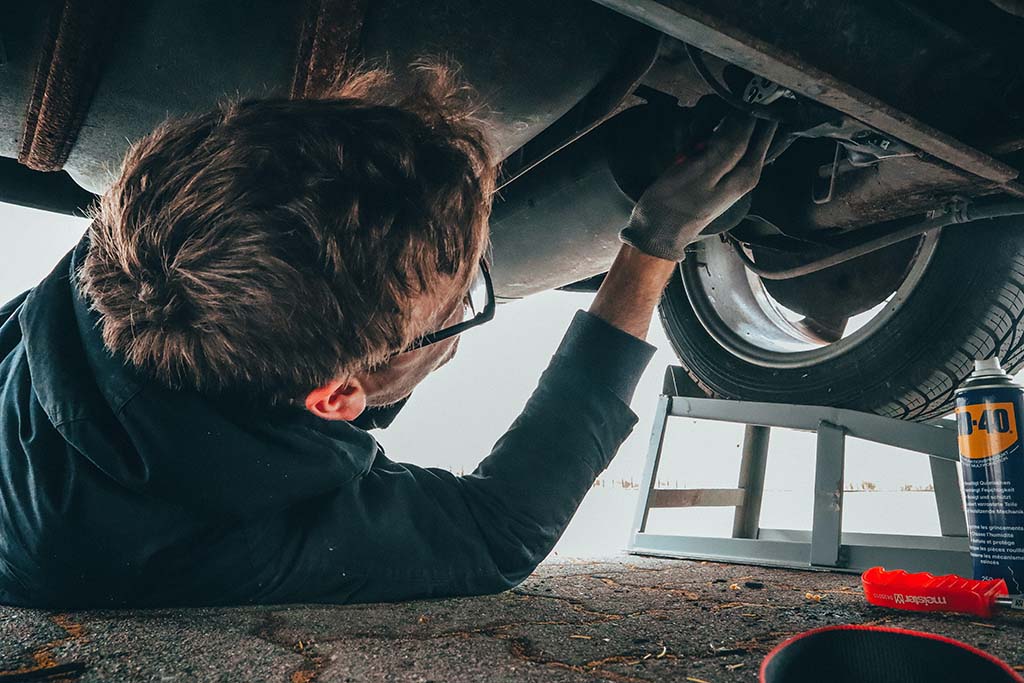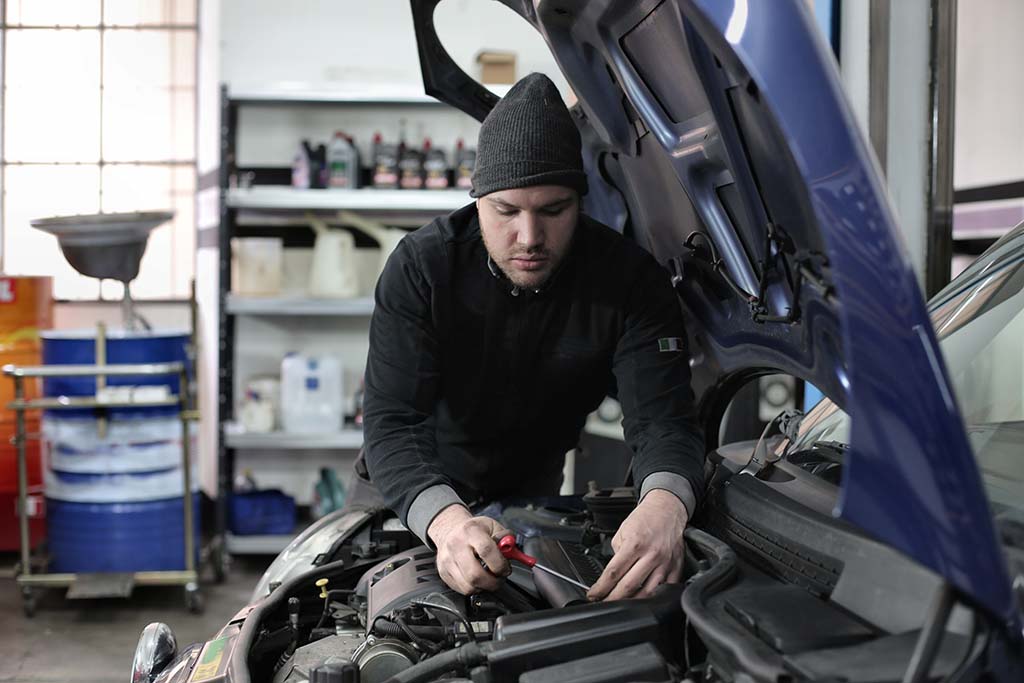Auto repair is the process of fixing or replacing components of a vehicle. This can include anything from engine and brake repairs to oil changes and tire rotations. It’s important for all drivers to understand the basics of auto repair so that they can better care for their vehicle and save money on costly repairs in the future.
Different Types of Services Offered by Mechanics
Mechanics offer a variety of services, such as oil changes, brake maintenance, tune-ups, exhaust repairs, transmission repairs, muffler replacements, and more. They also diagnose problems with vehicle systems such as brakes and electrical systems. Knowing what services are available at an auto repair shop can help you identify potential issues with your car quickly so that you can have them fixed before they become more serious.
How to Save Money on Repairs and Maintenance
It’s possible to save money on repairs and maintenance by following the manufacturer’s recommendations for regular servicing. Keeping up with regular maintenance such as oil changes will help catch any issues before they become too serious (and expensive) to fix. Additionally, shopping around for parts or using generic ones when available can save you money over buying new OEM parts.
Identifying Common Car Issues Quickly and Effectively
Understanding the symptoms of common car issues can help you identify them quickly. For example, if your car is making a strange noise it could be something as simple as needing an oil change or something more serious such as a bad bearing in the alternator. Other common problems include leaky hoses, worn brakes, and faulty spark plugs. Doing regular checks on your vehicle will help you catch any small issues before they become bigger problems that require costly repairs.
Avoiding Unnecessary Repairs or Upsells
When taking your vehicle to an auto repair shop, it’s important to have a general understanding of what services are needed so that you can avoid any unnecessary repairs or upsells from the mechanic. A good mechanic should be able to explain why they think a certain service is necessary and discuss all of the options available for fixing the issue. Additionally, it’s wise to get multiple estimates from different mechanics before committing to any major repair work so that you can ensure that you’re getting fair pricing for all of the work being done on your vehicle.

Common Tools Used in Auto Repair Shops
Mechanics use a wide variety of tools when working on cars. These can include everything from basic hand tools such as wrenches and screwdrivers to more complex diagnostic equipment such as OBD scanners and code readers. Knowing the type of equipment that is used in auto repair shops can help you better understand what services are being done on your vehicle, which in turn can help you make informed decisions about any repairs or maintenance that needs to be done.
How to Choose an Honest Mechanic You Can Trust
It’s important to find an honest mechanic that you can trust when it comes time for repairs or maintenance work on your car. Do some research before selecting a shop by reading reviews, asking friends and family for recommendations, and checking out the Better Business Bureau ratings. Once you have selected a shop, make sure to get written estimates for any work being done so that there are no surprises when it comes time to pay the bill.
Knowing When You Need Professional Help With Your Vehicle Repairs
There are certain repairs or maintenance jobs that require professional help due to their complexity or safety risks involved with doing them yourself. Examples of these types of jobs include transmission repairs, brake servicing, electrical system troubleshooting, and exhaust repairs. If you find yourself in a situation where you are not comfortable doing the repair work yourself, it’s best to leave it to a professional.
What Parts to Buy For Your Vehicle Repairs
When buying parts for your vehicle repairs, it’s best to stick with OEM (original equipment manufacturer) parts whenever possible. While generic parts may be cheaper, they don’t offer the same level of quality and reliability as OEM parts do. Additionally, most mechanics will only warranty their work if genuine OEM parts are used for repairs.
Understanding Warranty Coverage on Auto Parts
It’s important to always read the fine print on any warranties that come with auto parts. This can help you understand what type of coverage is offered and what isn’t covered under the warranty such as labor costs or installation fees. Additionally, some warranties may have time limits or mileage restrictions so make sure to check those before making any final purchase decisions.
Conclusion
Auto repair can be a daunting task for many drivers, but understanding the basics of how vehicles work, what services are offered by mechanics, and how to identify common car issues can make it easier to stay on top of regular maintenance and repairs. Knowing when you need professional help with vehicle repairs, what parts to buy for those repairs, and understanding warranty coverage can also help save you time and money in the long run.

